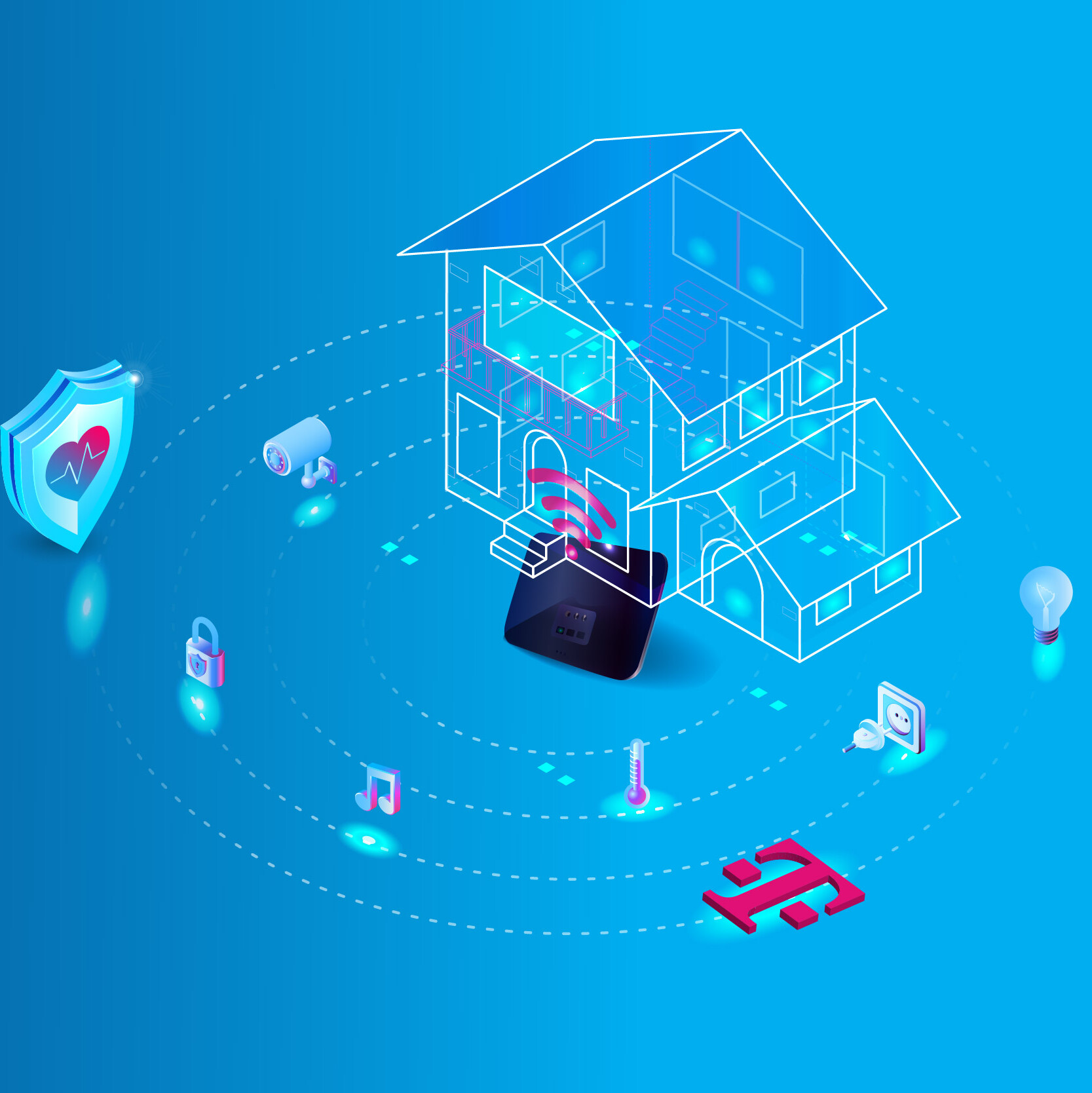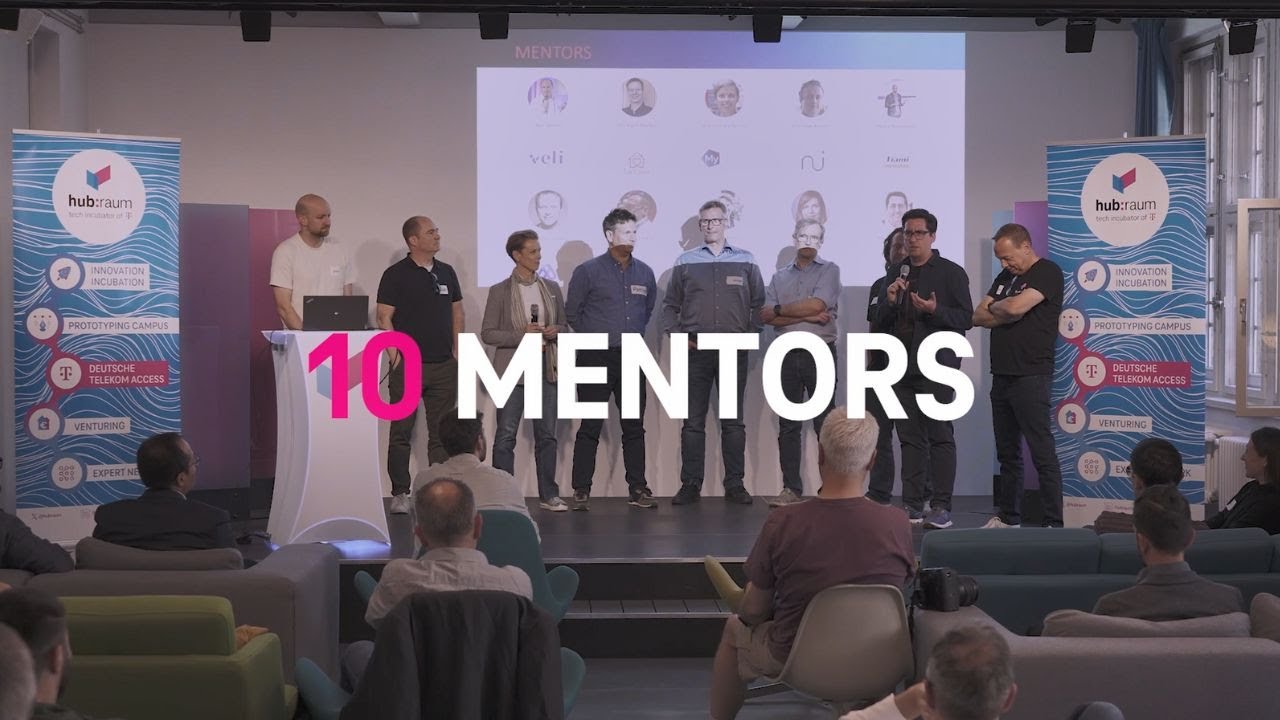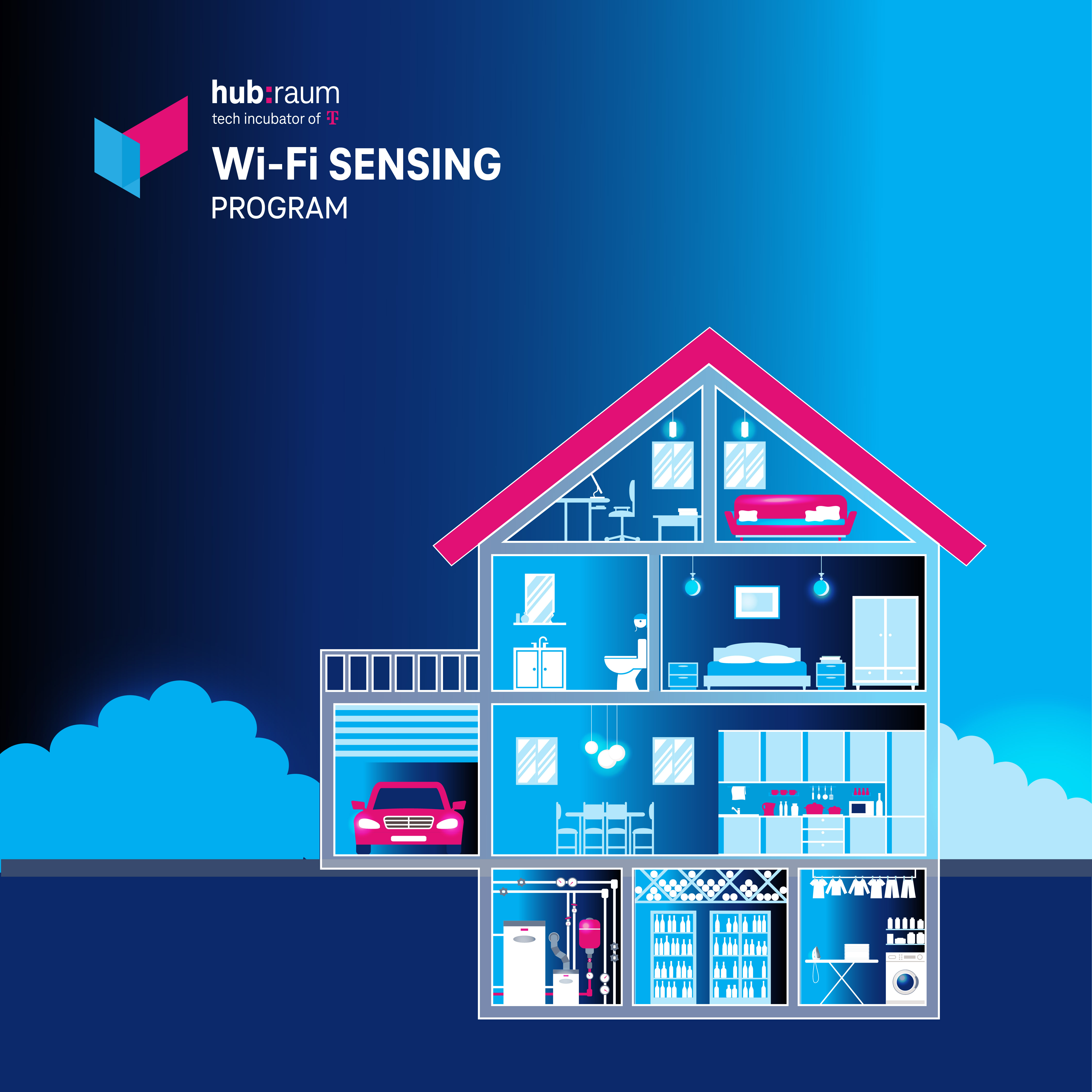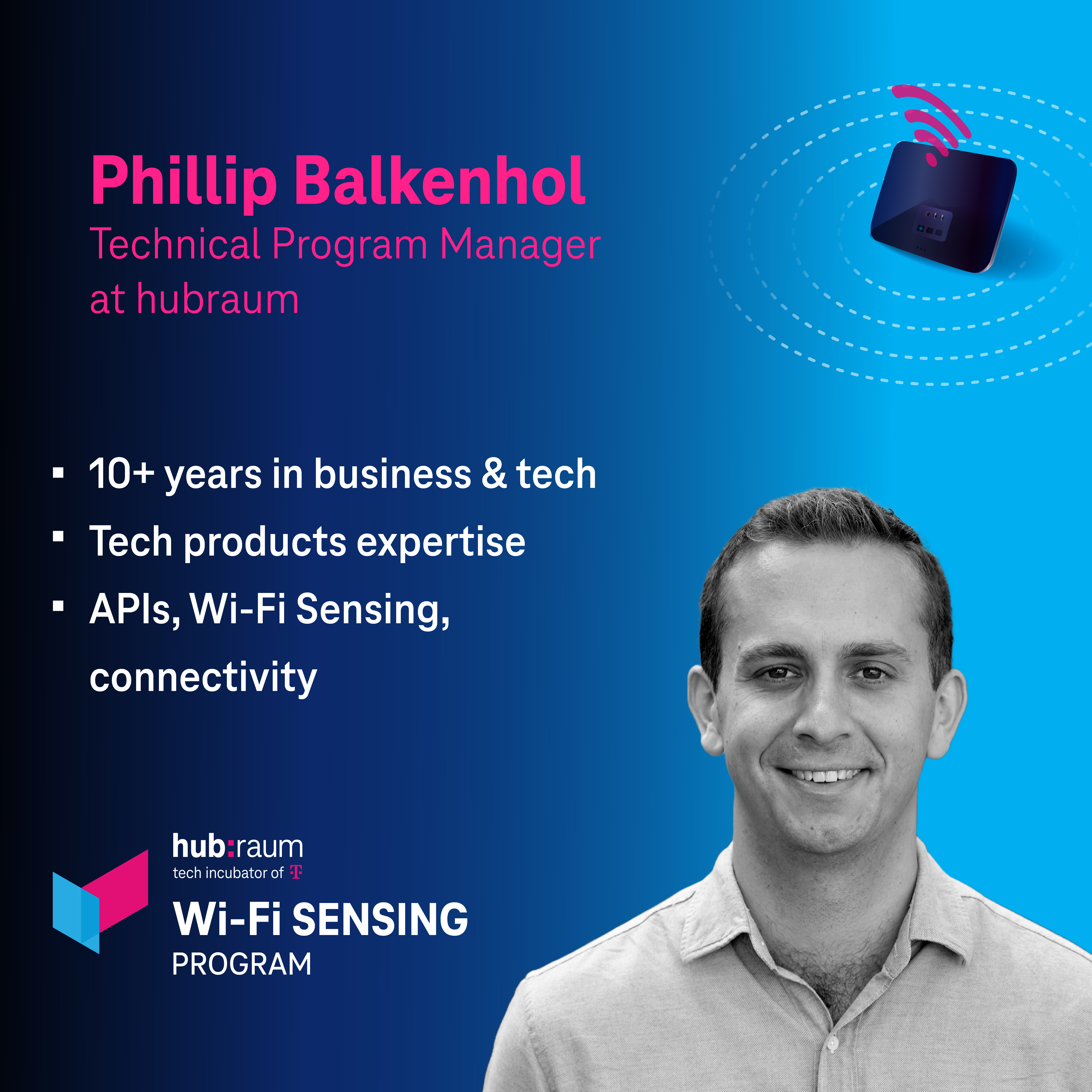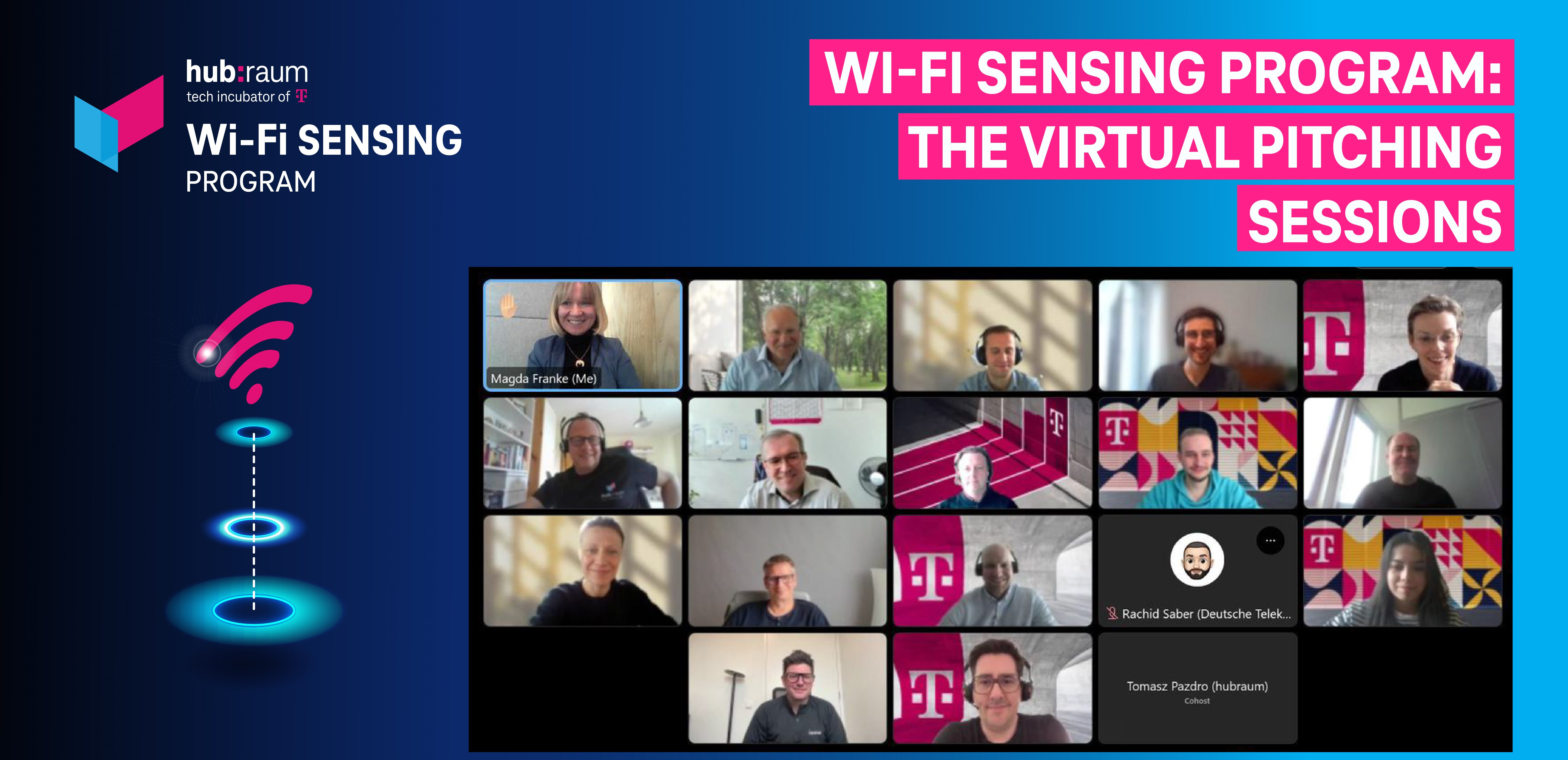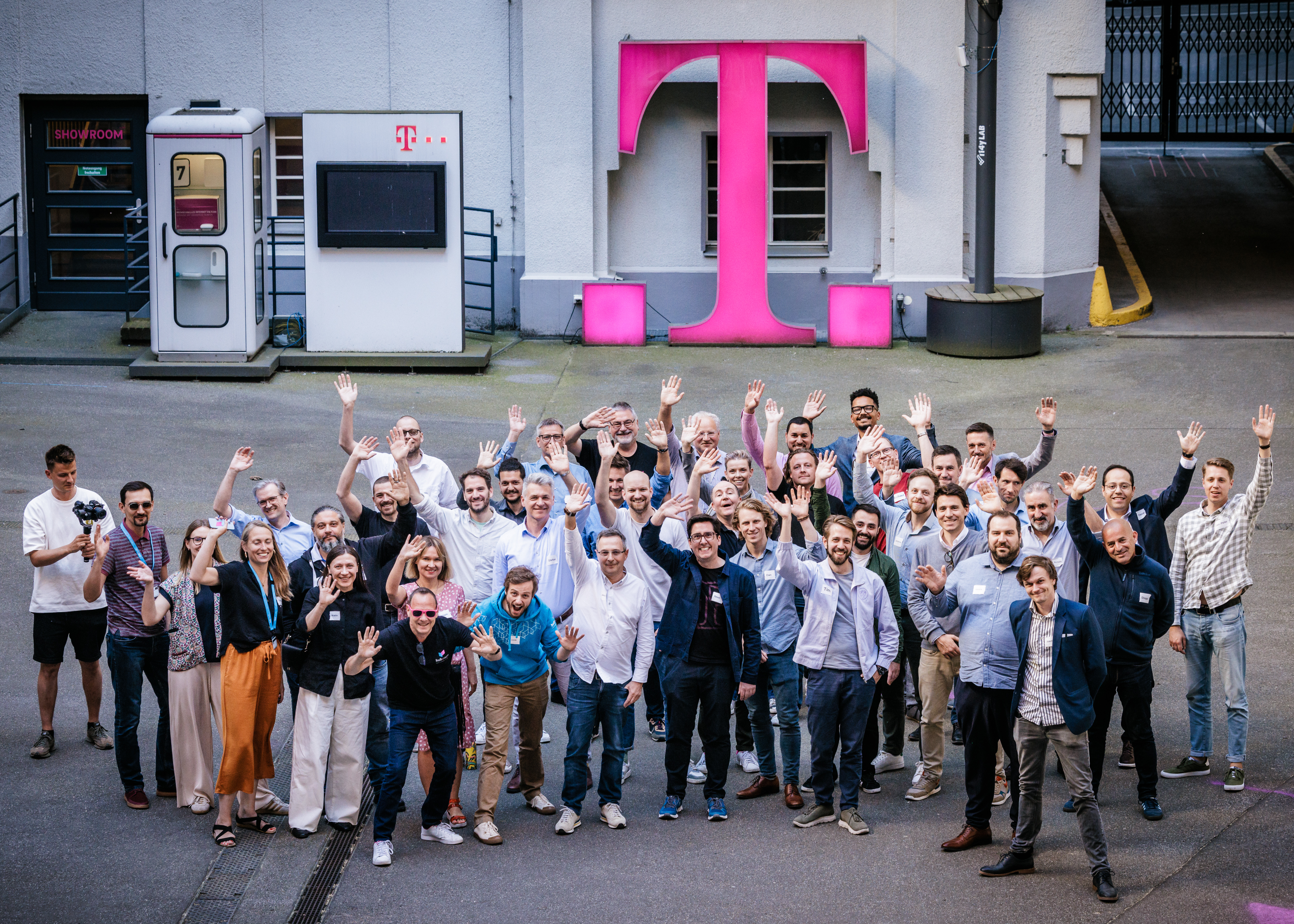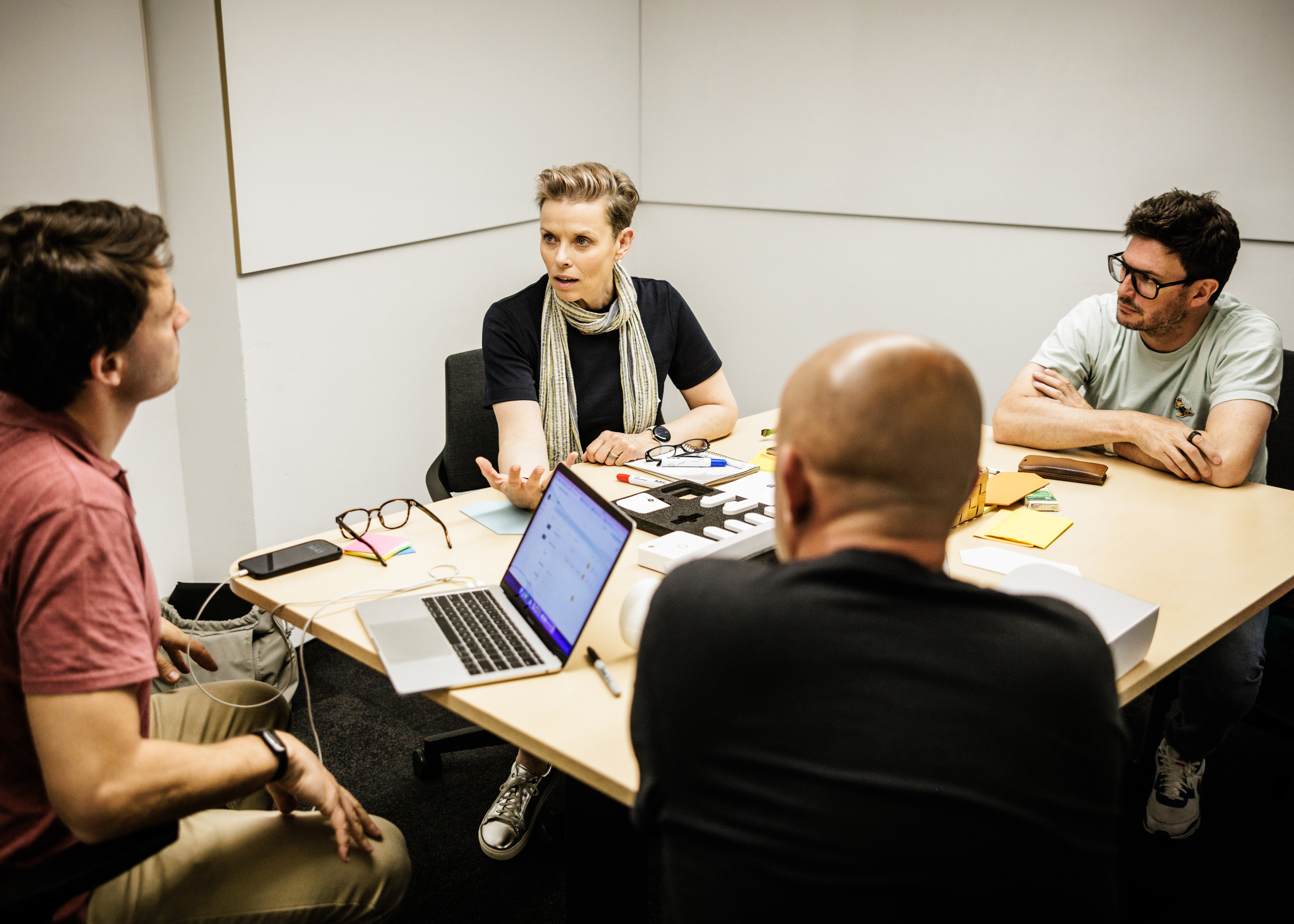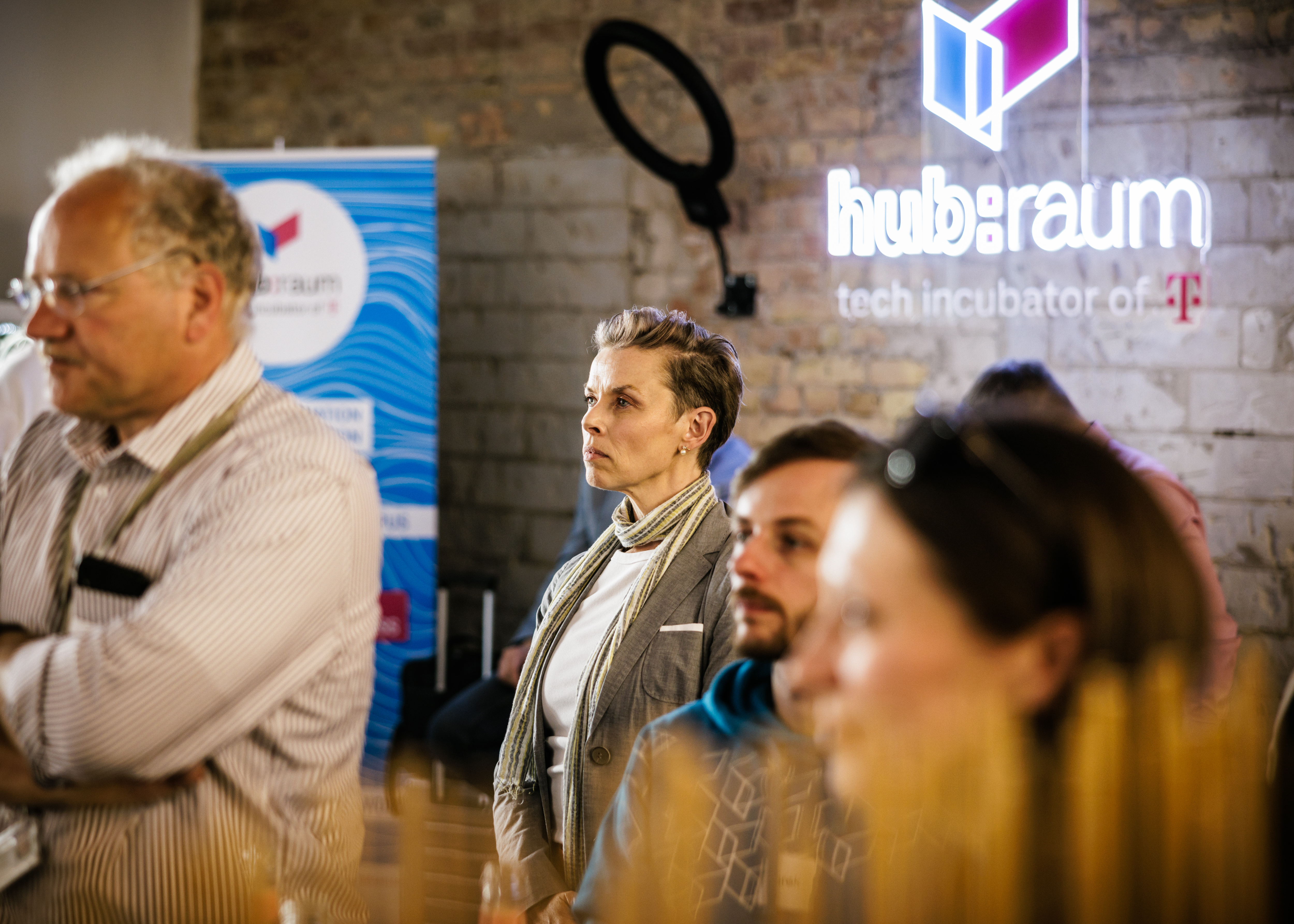We like to set tech trends, not follow them. As such, we’re delighted to announce the launch of our Wi-Fi sensing program. Wi-fi sensing uses Wi-Fi to “see” what is happening in the area between the devices connected to Wi-Fi and the router itself. The router emits waves and if objects or bodies are placed between the router and a device connected to the router, the waves change shape. Via these changes, the router can sense what is happening. It can use Wi-Fi sensing to draw simple conclusions — such as if there’s movement in a room. It can also use the same technology to reach more advanced conclusions, like calculating the number of people in the room. Eventually, Wi-Fi sensing might be able to monitor a person’s breathing by the way the Wi-Fi waves bounce off their body (though currently it doesn’t yet have this capability).
As a technology provider who can provide Wi-Fi sensing capabilities, we’re excited to offer this service via our own routers in the future. This is an innovative new technology we can make available to anyone who wants it — eventually We hope to integrate this innovative technology in our smart home system that we offer to consumers. “They wouldn’t need to buy any new hardware or install any sensors, they will be able to access Wi-Fi sensing via the push of a button in our smart home app,” says Phillip Balkenhol, the Wi-Fi sensing program manager. “This has practical everyday knock ons (like allowing lights to go on and off as you walk in and out of your rooms, reducing unnecessary energy use and high bills).”
We published a call out for pitches from companies working on Wi-Fi sensing products or solutions in one of three verticals: health, safety and security. Andreas Dönges, the business manager for the program, stressed how happy he was with the high quality of the pitches. “I was really surprised because Wi-Fi sensing isn’t a very big topic at the moment, but every startup who pitched did so excellently and it wasn’t easy to select the best ten at the end.” He was also delighted by how geographically varied the startups who applied were, fielding applications from a wide range of European countries, the United States and Israel.
Where is the market up to with Wi-Fi sensing at the moment? Andreas emphasizes that the topic is currently in its infancy in terms of innovation. However, he expects it to become an increasingly prominent area of technology in the next few years — being used a lot both in homes but also business settings.
Many of the startups we’ve selected for this program use technology to make life for the vulnerable amongst us more secure (and private!). The chosen startups include AIDY Health, who enhance patient care by combining AI-powered tools and real-time clinical oversight. 365care i.o. remotely monitors health conditions using a telemedicine service. Joining them will be La Casa Care Ltd, an easy-to-use telehealth platform that improves access to healthcare for patients and streamlines operations for providers.
We’ve also chosen startups which take on a care function by monitoring the home. There’s veli, a predictive home safety startup whose low-sensor approach ensures the elderly can live independently and securely. A second home safety startup for the elderly enrolling on the program is CARL platform — which uses a combination of IoT sensors, smart plugs, panic buttons and apps to detect any concerning behaviors and patterns.
Another startup joining the lineup is nami, who offer an all-in-one AIOT platform that detects motion, secures and monitors homes and buildings and lets people know what’s going on with those close to them. We also selected My Sense — whose sensors, wearable and home gateway connect to an AI platform, which constantly monitors changes, no matter how minor, and will send in-app notifications to people using MySense, their families or caregivers before an issue occurs. Another selected startup is Alarm.com, a cloud-based SaaS operating system which enables service providers and subscribers to manage and control their homes and offices (controlling factors like intrusion, access control, energy, water, etc.) with IoT tech solutions.
A deep tech business using Wi-Fi sensing in a completely different direction is Tiami Networks, who use integrated sensing and communication for defense applications. Think: airborne sensors, smart munitions and space platforms. Finally, we’re excited to work with fybra, who use data to optimize indoor air quality and energy efficiency.
So far, the ten participating startups have all met for our kick off in Berlin. But what’s next? To hear the latest updates on our Wi-Fi sensing program, sign up to our newsletter, follow us on LinkedIn or Twitter.

